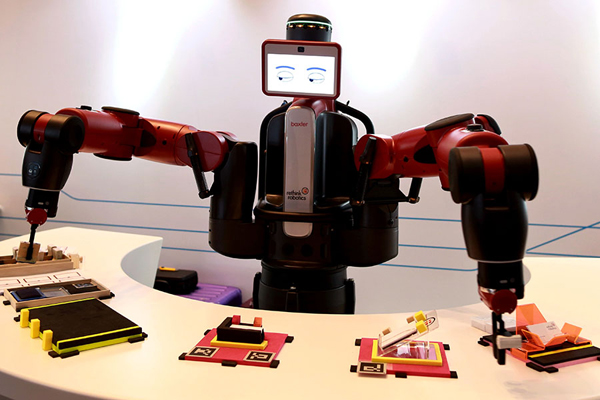
Experts put health issues firmly in the spotlight of Summer Davos
Source: China Daily
Updated: 2015-09-14
Murali Doraiswamy, professor of Psychiatry and Behavioral Sciences at Duke Institute for Brain Sciences in the US, said that health and medical data should be collected for medical advancement, but its security should also be guaranteed.
He cited the example of "mind reading." It's about how novel applications of functional magnetic resonance imaging, which measures blood flow in the brain to spot areas of activity, thus is able to identify before-unbeknownst levels of consciousness. It can tell the emotional states as well.
According to him, some insurance companies used the technology to tell if the insured driver was drowsy before an accident.
On its medical application, he said: "Until recently, we had no good technique; but with functional MRI, it's possible to instruct patients to imagine they are doing something, like playing tennis, and the results show her brain was lighted up. By knowing that, doctors got to understand that the patient was not brain dead and still had some consciousness."

In the world which could be better perceived, robotics will play a role caring the sick and old, said Ralph Hollis, research professor of the Carnegie Mellon University's robotics institute.
The university was introducing at the event its "ballbot", which is a robot balancing and moving on a ball instead of the conventional kind of wheeled drive for robots.
Ballbot moves from place to place by managing its center of mass with respect to its point of support on the floor. "It can provide many useful services especially for the elderly or physically challenged in their everyday work and home environments," he said.
He projected a $30 billion market for such service robotics.

World Family Summit
The World Family Organization was founded in Europe in 1947 and headquartered in Paris.
Link: China's Central Government / World Health Organization / United Nations Population Fund / UNICEF in China
Copyright 2014 National Health and Family Planning Commission of the PRC All rights reserved






